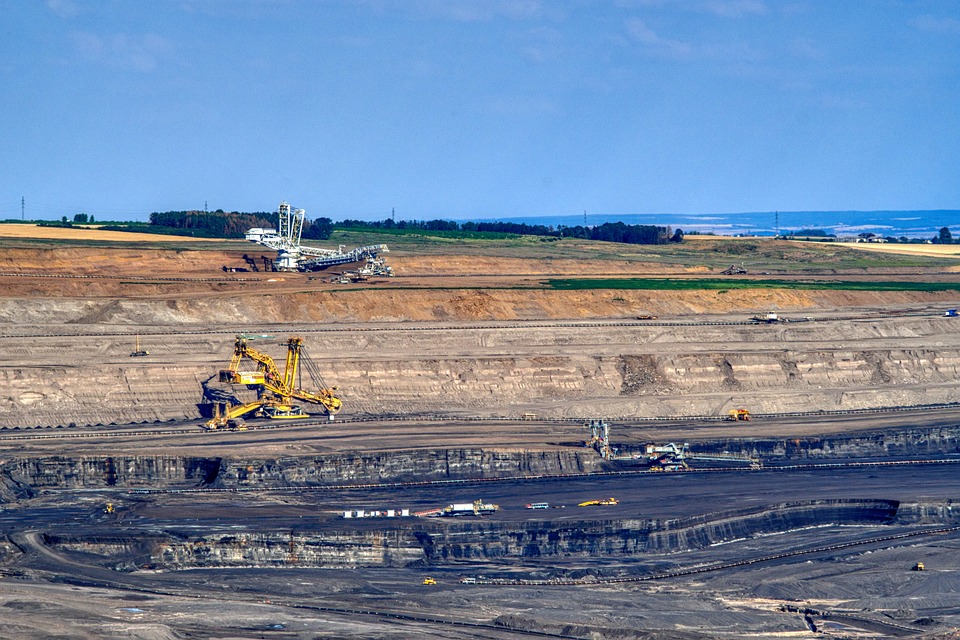Crypto Mines Come Under Foothold with Regulation
In recent years, the cryptocurrency market has experienced explosive growth, with the value of digital currencies like Bitcoin and Ethereum skyrocketing. However, with this growth comes a new set of challenges, particularly for crypto miners who have been operating largely unregulated until now. With the increasing awareness of the environmental and social impact of crypto mining, governments around the world are starting to crack down on these operations, implementing regulations to bring them under control.
What is Crypto Mining?
Crypto mining is the process of solving complex mathematical problems to validate transactions on a blockchain, the public ledger that records all transactions on a particular cryptocurrency. Miners use powerful computers to solve these problems, and the first to solve it is rewarded with a certain amount of cryptocurrency. The process is energy-intensive, as it requires large amounts of computing power and energy to solve these complex problems.
Environmental Impact
The environmental impact of crypto mining has become a major concern in recent years. The massive amounts of energy required to power these operations has led to criticism that they are contributing to greenhouse gas emissions and climate change. In addition, the mining process itself can lead to e-waste and toxic chemicals being released into the environment.
Government Regulation
As a result, governments around the world are starting to take notice of the impact of crypto mining and are implementing regulations to curb its environmental impact. In the United States, for example, the Environmental Protection Agency (EPA) has launched an investigation into the environmental impact of crypto mining, and several states have implemented their own regulations.
China’s Lead
China has been at the forefront of crypto mining regulation, with the country’s central bank, the People’s Bank of China (PBOC), announcing plans to ban all domestic crypto mining activities. The ban is part of a broader crackdown on the crypto market, with the PBOC citing concerns over the market’s volatility and potential risks to financial stability.
Other Countries Follow Suit
Other countries are following suit, with several governments announcing plans to regulate or ban crypto mining operations. In June, the Australian government announced plans to introduce regulations to curb the environmental impact of crypto mining, while the Russian government has implemented a ban on all crypto mining activities.
Impact on Crypto Miners
The increased regulation of crypto mining is having a significant impact on miners, with many operations forced to shut down or relocate. The increased cost of energy and the need for more sustainable mining practices is making it difficult for many miners to remain profitable. In addition, the uncertainty surrounding regulations is making it difficult for miners to plan for the future.
What’s Next for Crypto Miners?
While the increased regulation of crypto mining is a major challenge for the industry, it also presents an opportunity for miners to adapt and innovate. As governments continue to crack down on unsustainable mining practices, miners who are able to adapt to the new regulations will be better positioned to succeed in the long term.
Conclusion
The crypto mining industry has come under significant scrutiny in recent years, with governments around the world implementing regulations to curb the environmental impact of these operations. While the increased regulation is a major challenge for miners, it also presents an opportunity for innovation and adaptation. As the industry continues to evolve, it’s likely that we’ll see new technologies and practices emerge that make crypto mining more sustainable and environmentally friendly.

